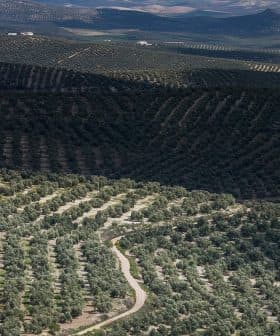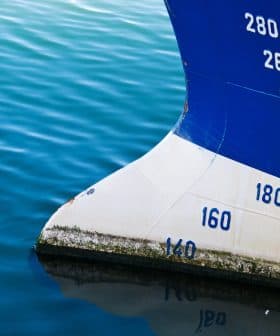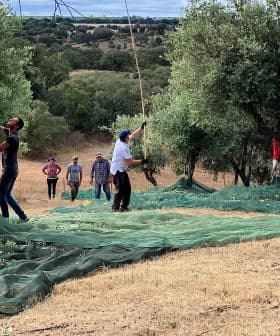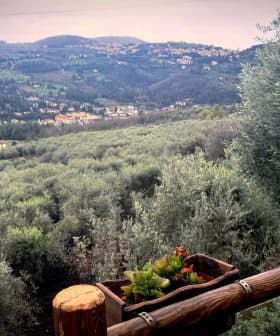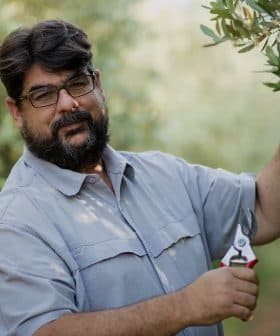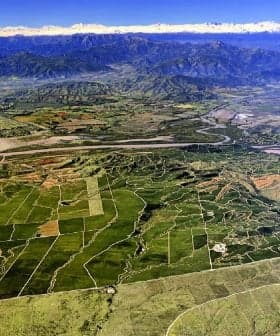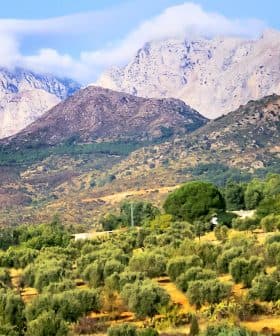Portugal Projects Record-Setting Exports
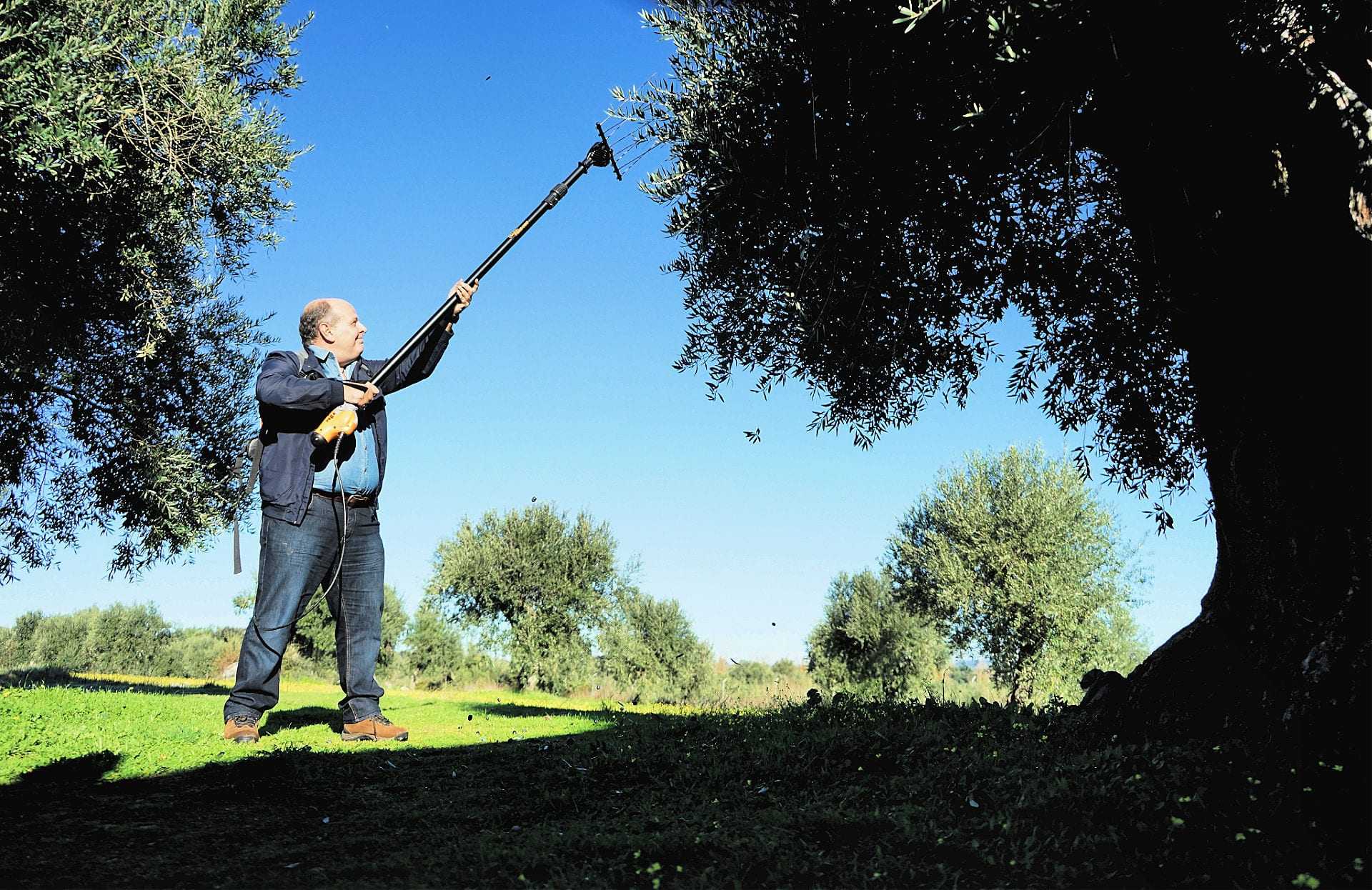
Portugal’s olive oil exports are expected to increase to €600 million in 2020 despite a reduced yield, demonstrating the growth and vitality of the sector, according to the Portuguese Ministry of Agriculture. The government is focusing on integrating different sectors to modernize and grow the country’s olive oil production, emphasizing its contribution to social valorization, economic stimuli, and environmental preservation.
A reduced olive yield in Portugal will not hinder the growth of its olive oil exports, according to the Portuguese Ministry of Agriculture, Forestry and Rural Development.
Lisbon expects exports to reach €600 million in 2020, up from €518 million in 2019 and €177 million in 2008, according to TrendEconomy, an international trade database.
Minister of Agriculture Maria do Céu Antunes said the trend demonstrates the growth of a “dynamic” sector showing “great vitality.”
“Currently, Portugal produces 160 percent of the olive oil it needs,” she said. “This means that we can count on a very large export capacity.”
See Also:Trade NewsDuring a visit to a major olive oil producer in the Beja area, in Alentejo, the minister spoke with several local journalists and emphasized how olive oil exports will play a major part in the government’s efforts to reduce the trade deficit.
That is happening, she said, thanks to the “great dynamics” of the sector shown not only by the “competitive production” of the intensive olive groves, but also by “more traditional production.”
The relevance of the sector, the minister added, is due to its ability of “connecting people to the territories,” not only in the olive oil production, but also in the “related sectors, such as tourism and gastronomy.”
Furthermore, the government expects exports to grow this year, in spite of a production decline in the 2020/21 olive harvest.
According to the most recent estimates of the Alentejo Olive Oil Association (Olivum), production will reach 100,000 tons this year. In the 2019/20 crop year, Portugal produced a record-high 140,000 tons, a figure that Olivum largely attributed to the country’s heavy investment in mechanized harvesting and super-high-density olive groves.
Gonçalo de Almeida Simões, Olivum’s executive director, told the local news agency LUSA that Alentejo, the most important Portuguese producing region, will yield 75,000 tons, down from the 100,000 tons produced in the previous year. Alentejo, which comprises almost 30 percent of Portugal’s land area, is responsible for about 75 percent of the country’s olive production.
Those numbers, added de Almeida Simões, “do not come as a surprise for the sector” since many of the country’s producers were entering an off-year.
According to Olivum, the expected production drop will be compensated by the high quality of this year’s yield.
“It will be a good harvest,” de Almeida Simões said. “We expect that 95 percent of the olive oil produced in Portugal will be virgin and extra virgin olive oil.”
That is good news, he added, since olive oil consumption“is growing seven-percent worldwide this year.”
Portugal has been investing in the modernization of the olive sector over the last 20 years, in order to match the pace of growing international competition.
De Almeida Simões emphasized how olive oil companies in the country are mostly owned by Portuguese entrepreneurs who have been able to attract considerable foreign investments from as close as Spain and as far away as Saudi Arabia and Chile.
During her visit in Beja, do Céu Antunes also highlighted the government’s efforts to integrate different sectors to help modernize and grow the country’s olive oil production.
“We are working with the producers, the universities, the polytechnics to offer them support and information that demonstrate the vitality of the olive oil sector and its contribution to social valorization, economic stimuli and the preservation of the environment,” she said.


